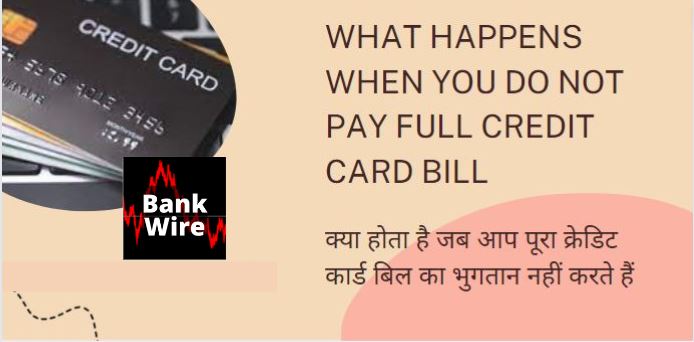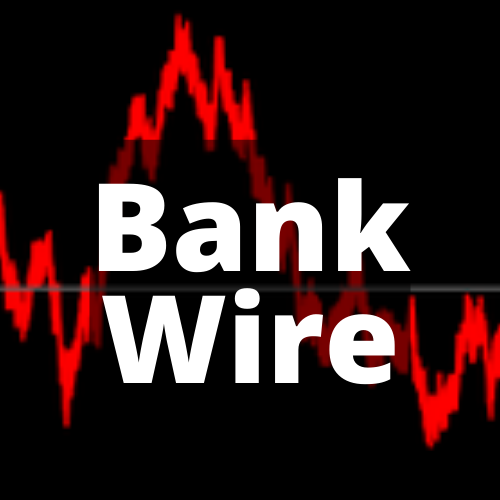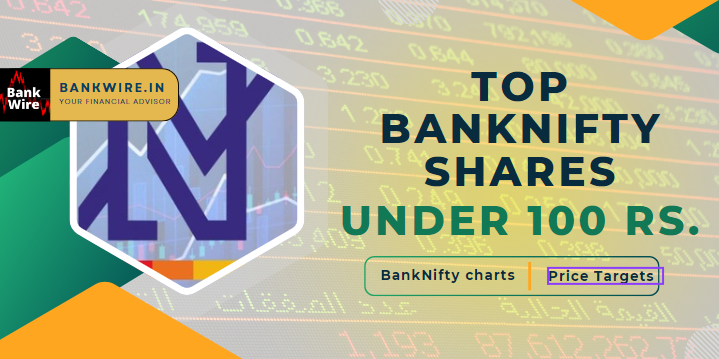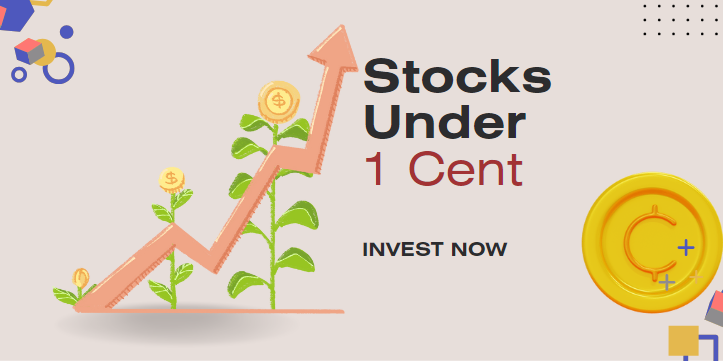
Credit Card Minimum Due Amount Hidden Facts
Impact for paying full credit card bill on your credit score, check facts and credit card hidden charges
Credit Card Bill: One of most popular bank cards, Credit cards are hot cakes in today’s scenario and anyone who is having little bit of exposure to financial products knows about credit cards even though most of them carry credit cards while shopping. The main benefit of credit cards is its buy now pay later feature. Although, there is no charge on the money used from credit cards within the limit and till the due date is not surpassed. But In case of non-payment of dues of credit card attracts high interest rate as well as it damages your credit history. Many credit card users sometimes do not pay full amount rather they pay minimum due amount or part of the due amount.
In this article we will know about the pros and cons of non-payment of the full due amount of credit card.
Sometimes it happens when a credit card user utilizes the full credit limit (which is a huge amount as facilitated by card providers), and the user does not have the capacity to pay the full due amount of the credit card in one go. In this situation, card providers enable a feature called pay minimum due amount which is generally 5-10% of the total due credit card bill payment and easily payable by the user.
Credit Card, It’s benefits and negative factors
Bank Deposit Schemes, Compare Fixed Deposit, Recurring Deposit with PPF, Sukanya Samriddhi Yojana
Advantages of credit card bill minimum due amount payment –
- First and the major advantage is that the credit agency will not mark you as a defaulter in credit history.
- You get sufficient time to manage your finances.
- Your credit card will be active and you can still shop by using it.
- There will be no penalty or late payment charges
Disadvantages of Credit Card Bill minimum due amount payment –
- When you pay only the minimum due amount, the rest of the amount is carried forward to the next bill cycle. Card providers charge heavy interest on the carry forwarded amount which sometimes happens to be 24% – 40% per year and charged on a daily basis till you pay the full amount.
- When the remaining amount gets carried forward to the next billing cycle, your credit card limit will be reduced by the due amount. Suppose you have a credit card with a limit of Rs. 5 Lakhs, and the total billing amount in the present cycle is Rs. 1,20,000/-. If you pay only Rs. 20,000/-, your new credit card limit to purchase will be 4 Lakhs till you clear total dues of the card.
- There will be no interest free period for the next bill if you have carried forward any amount.
- Not only this, the non-payment of dues may also reflect in your credit history and ruin your credit score. Once a non-payment or default is marked in the credit history it will always be mentioned whenever the report is generated. The low credit score may lose financial help from lenders like banks and NBFCs in need.
15 Tips and Tricks to save income Tax
Cash deposit limit in savings account for individual
How to avoid extra and unnecessary charges from credit card bill
Everybody wants to pay for what they have used. Which is always a better option to choose, you should always repay the total due amount of credit card if you are in position to. Here I have drafted some more techniques which will help you in avoiding unnecessary charges and interest.
Techniques to avoid unnecessary charges
- If you don’t have enough to pay the full amount of the credit card bill and you have paid the minimum amount due, calculate whether in near future you can repay the full due to avoid very high interest rates. If you can do so, do it in the very next billing cycle, else you can opt for a personal loan or borrowing at a lower interest rate and repay the full credit card bill. As interest on credit card dues is almost 3 times at which personal loans are available in the market.
- Always try to pay credit card bill payment two or three days prior to the billing cycle, as your credit card bill payment may take time in processing.
- Regularly check your credit limit to avoid extra expenses and borrowings.
- Review your financials to see if you can reduce the cost of funds used by you.
To conclude, Credit card is just like a superpower, which comes with responsibility. You should always have control on your expenses and avoid late fees, unnecessary interest and other charges to remain tension free.
Some important links
Other Posts:
- Cheque Bounce Meaning, it’s consequences and precautions
- Financial Planning for your child’s Education
- Top 10 Stock broking companies and mobile trading app in India
- Top 5 Life Insurance Companies in India and List of claim settlement ratio, Tips to choose a best life insurance company
- Everything about GST – Goods and Services Tax
Read Category-wise posts
Banking | Bank Account | Bank Deposit Schemes | Loans | Bank Cards | Credit Cards | Debit Cards | Search IFSC & MCLR Code | Insurance | Bank Jobs and Exams | Stock Market | GST | EMI Calculator




